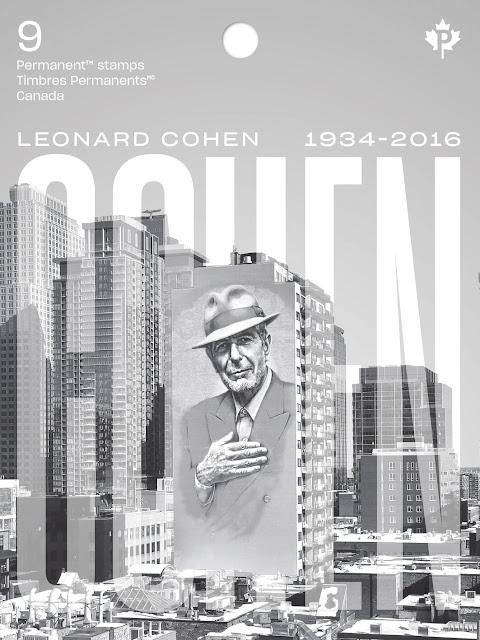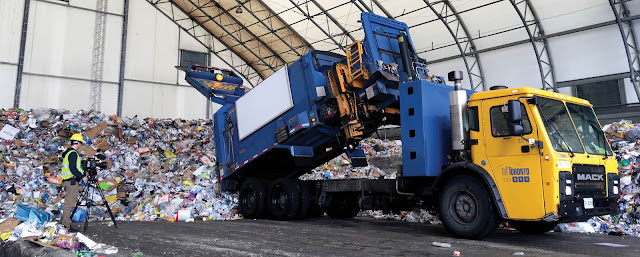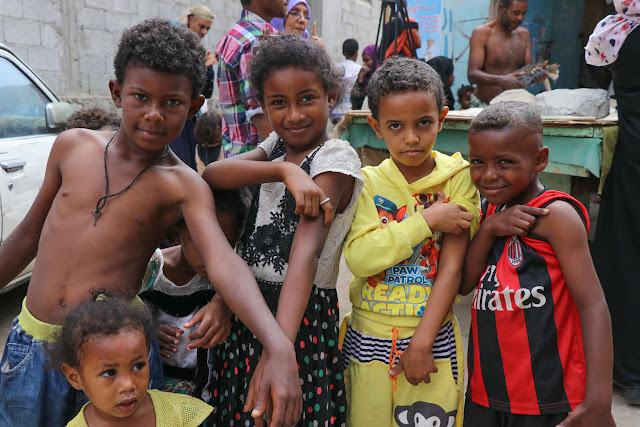 |
| It’s not what you say… it’s how you say it. (Shutterstock) |
The cartoon is still regularly shared on social media in the context of the debate around unconscious, or automatic, bias. This bias can happen when people unknowingly favour people who appear to be more like themselves, and discriminate against those who appear “different”. Examples include white people being more likely to find black male faces more threatening, or applicants with ethnic minority sounding names being less likely to get a job interview, even when they have the same qualifications.
Many employers now require their employees to take courses aimed at making them aware of this bias. Judging another person’s capability or credibility based on their gender, race or whether they use a wheelchair is obviously discriminatory, as such characteristics are unrelated to competence and expertise.
What accents say
But most people never stop to reflect on the degree to which accent can affect their opinion of the person speaking – particularly (but not only) if the accent gives the speaker away as someone who did not learn the language as a native speaker.A particularly disturbing example was recently reported in the form of a judgment by Canadian judge Terry Clackson. The judgment lists in great detail a range of grammatical and phonetic “errors” committed by the Crown’s expert medical witness, Dr Bamidele Adeagbo – who is of Nigerian descent – rejecting the expert opinion delivered in his capacity as the physician who performed an autopsy that was a key element in the case.
In the present day and age, one would very much hope that stereotypes based on race, gender or sexual identity would not be seen as remotely acceptable arguments in a court ruling. So how can a supposedly imperfect command of the English language by someone who did not have the good fortune of being born and raised in what linguist David Crystal has termed an “inner circle” country – such as the UK, the US or Canada – be acceptable grounds for dismissing their considerable expertise?
 |
| ‘You’re not from 'round here!’ (Shutterstock) |
How well we speak the language therefore is a measuring stick for how competent we are at anything else. As the linguist Vivian Cook pointed out, foreign language speakers are typically evaluated not on the basis of how far they have come, what they have achieved and how much they are able to do, but by the gap that still separates them from the “ideal” native. The enumeration by Justice Clackson of the imperfections in Adeagbo’s use of English is a textbook example of such an evaluation.
Such biases are particularly common in societies where it still is considered the norm for people to grow up speaking only one language, and where foreign language learning is deemed to be a “useless” luxury – although similar biases have been shown to apply among other non-natives who presumably should share the pain.<
‘Where are you from?’
Even more disturbingly, labelling someone as “foreign”, with all the prejudices and stereotypes that this incurs, is something that literally happens within a split second. One study found that judgements on whether or not a speaker is a native can be surprisingly accurate upon hearing a speech segment that is just 30 milliseconds long.Certainly, after a sentence or two, the listener will have made up their mind – and often will follow it up with the inevitable and ubiquitous question: “Oh, where are you from?” At that point, you know you have been labelled – and that your credibility is in tatters. What you say is now less important than how you say it.
While it is essential that these prejudices should be called out and recognised as part and parcel of unconscious bias, and that we should try to work against them, it is clear that this will have to be a marathon, not a sprint. The view that someone with a more “native” command of a language must be more knowledgeable than one who doesn’t – even if we are talking about a non-native who is considerably more expert – is deeply rooted and hard to challenge.
In an ideal world, society should treat everyone as equal, regardless of their wealth, power, status, race, gender – or accent. We do not live in such an ideal world. But there is a reason why many societies represent Lady Justice as wearing a blindfold: the judiciary must put facts and expertise in the balance and be able to abstract away from base prejudices.
“Thank you for your excellent analysis, Dr Adeagbo – perhaps a native speaker would care to present it?” is simply not good enough.
About Today's Contributor:
Monika Schmid, Professor of Linguistics, University of Essex
This article is republished from The Conversation under a Creative Commons license.














 Related Videos:
Related Videos:




























